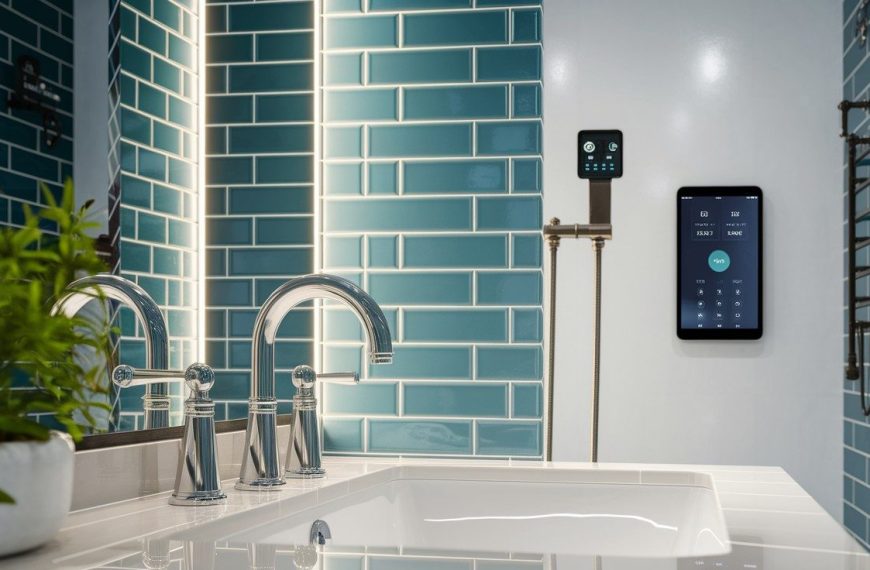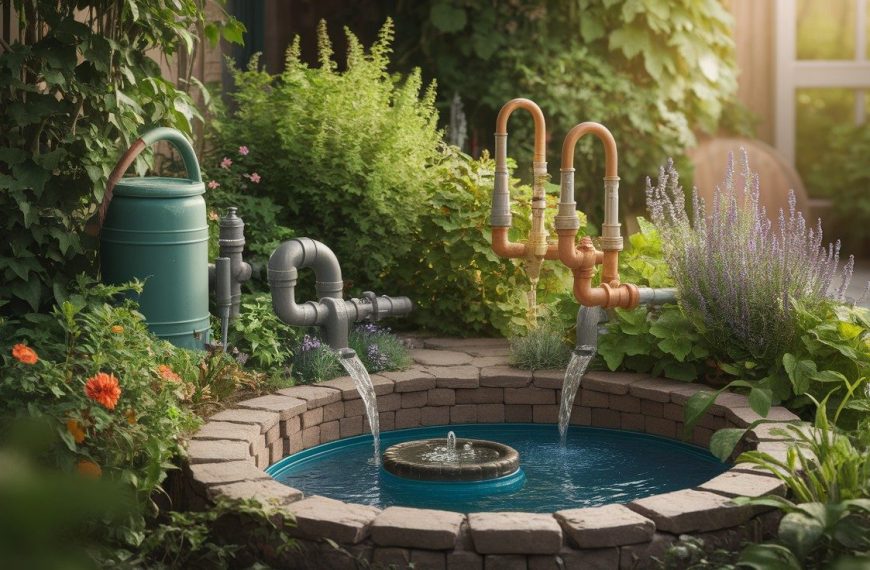Introduction – Quick Answer to Your Tankless Shutdown Question
Here’s the bottom line: you typically don’t need to turn off your tankless water heater during short-term water shutoffs, but there are important exceptions. Unlike traditional storage tank water heaters, tankless units are designed to operate efficiently without consuming energy when there’s no water flow.
However, the answer isn’t always black and white. Whether you should flip that power switch depends on several factors: the duration of the water outage, your specific unit type, seasonal conditions, and potential safety concerns. Understanding when to turn off your tankless system can prevent damage, save energy, and give you peace of mind during water service interruptions.
How Tankless Water Heaters React to No Water Flow
Tankless water heaters, also known as on-demand water heaters, operate fundamentally differently from their tank-based counterparts. These units heat water only when needed, instantly warming the water as it flows through the system rather than maintaining a reservoir of hot water.
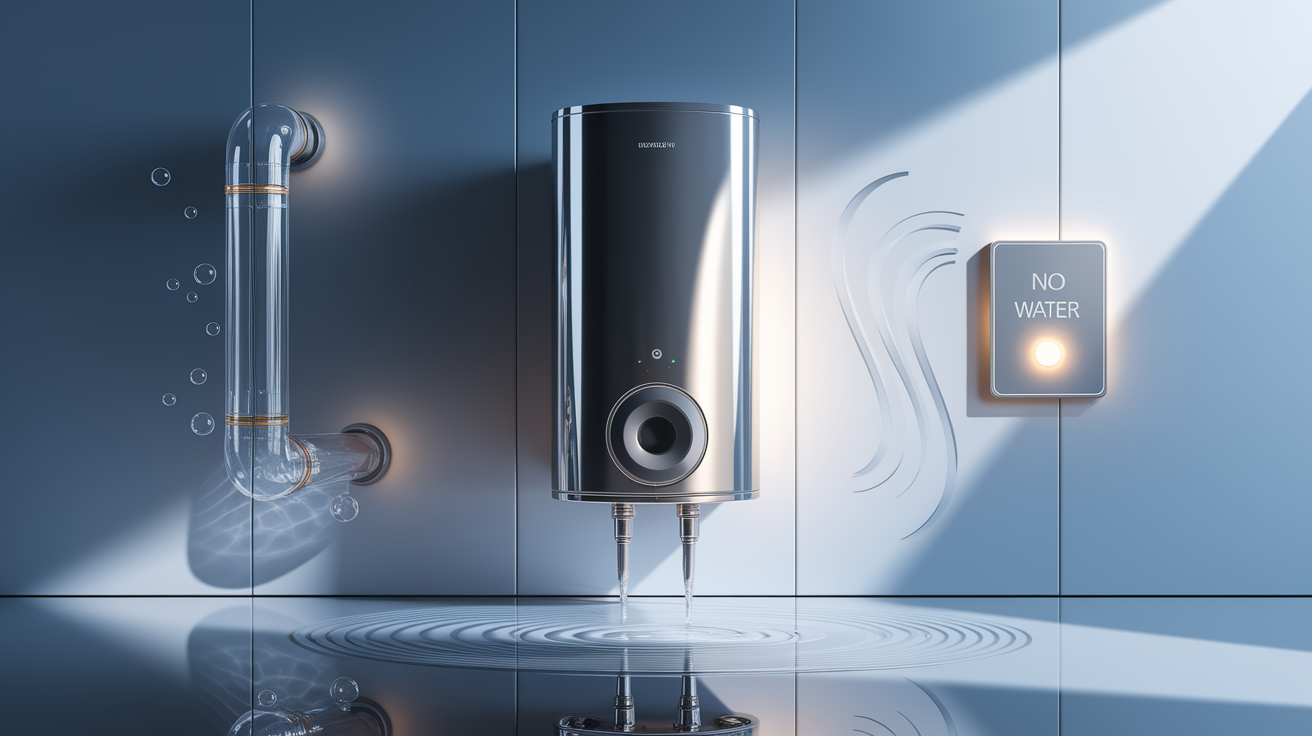
The On-Demand Operation
When you turn on a hot water tap, your tankless system springs into action:
- A flow sensor detects water movement
- The unit’s heating elements or gas burner activates
- Water heats as it passes through the heat exchanger
- Hot water reaches your faucet within seconds
Here’s the key point: when there’s no water flow, the heating mechanism automatically shuts down. This means your tankless water heater isn’t continuously burning gas or consuming electricity during standby periods, making them 24% to 34% more energy-efficient than traditional storage water heaters for moderate usage households.
What Happens During a Water Shutoff
When your water supply is interrupted, your tankless water heater essentially goes into a dormant state. The flow sensor won’t detect any water movement, so the heating elements remain inactive. Modern units with intermittent ignition devices (IID) consume minimal energy during these periods, unlike older models with standing pilot lights that continue burning gas.
However, the control panel and electronic components may still draw a small amount of standby power to maintain system readiness and operate safety features.
Do You Need to Turn It Off When the Water Is Off?
For most homeowners, the answer is no, you don’t need to turn off your tankless water heater during typical water shutoffs. Here’s why this question isn’t as straightforward as it might seem.
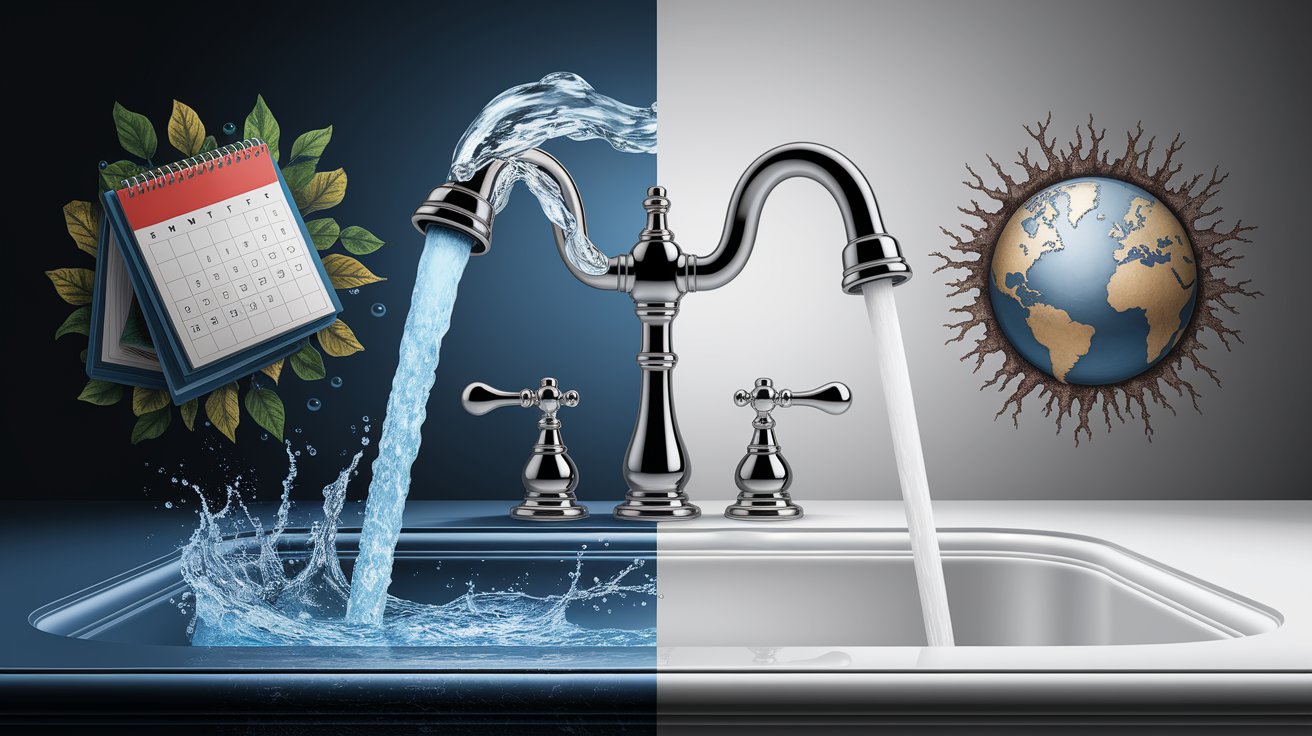
Short-Term Water Outages (Under 24 Hours)
During brief interruptions like water main repairs or routine municipal maintenance, leaving your tankless water heater powered is usually fine. The unit’s safety systems are designed to handle these situations without consuming unnecessary energy or risking damage.
Your tankless system will simply wait in standby mode until water flow resumes. When service is restored, you might experience a brief period where air in the water lines needs to clear before normal operation returns.
Extended Water Shutoffs
For longer outages lasting several days or weeks, the calculation changes. While your tankless water heater won’t be actively heating water, it may still consume small amounts of standby power for:
- Digital display and control panels
- Freeze protection systems (in cold climates)
- Internal sensors and safety monitoring
In these cases, turning off the unit can provide modest energy savings and reduce wear on electronic components.
Factors That Influence Your Decision
Several considerations can help you determine the best approach:
- Climate conditions: Cold weather increases freeze risk
- Unit age and type: Older models with pilot lights consume more standby energy
- Planned vs. emergency shutoff: Planned maintenance allows better preparation
- Duration expectations: Known timeline helps inform your decision
Benefits of Shutting Off Your Tankless Unit
While not always necessary, turning off your tankless water heater during water outages can offer several advantages, particularly in specific circumstances.
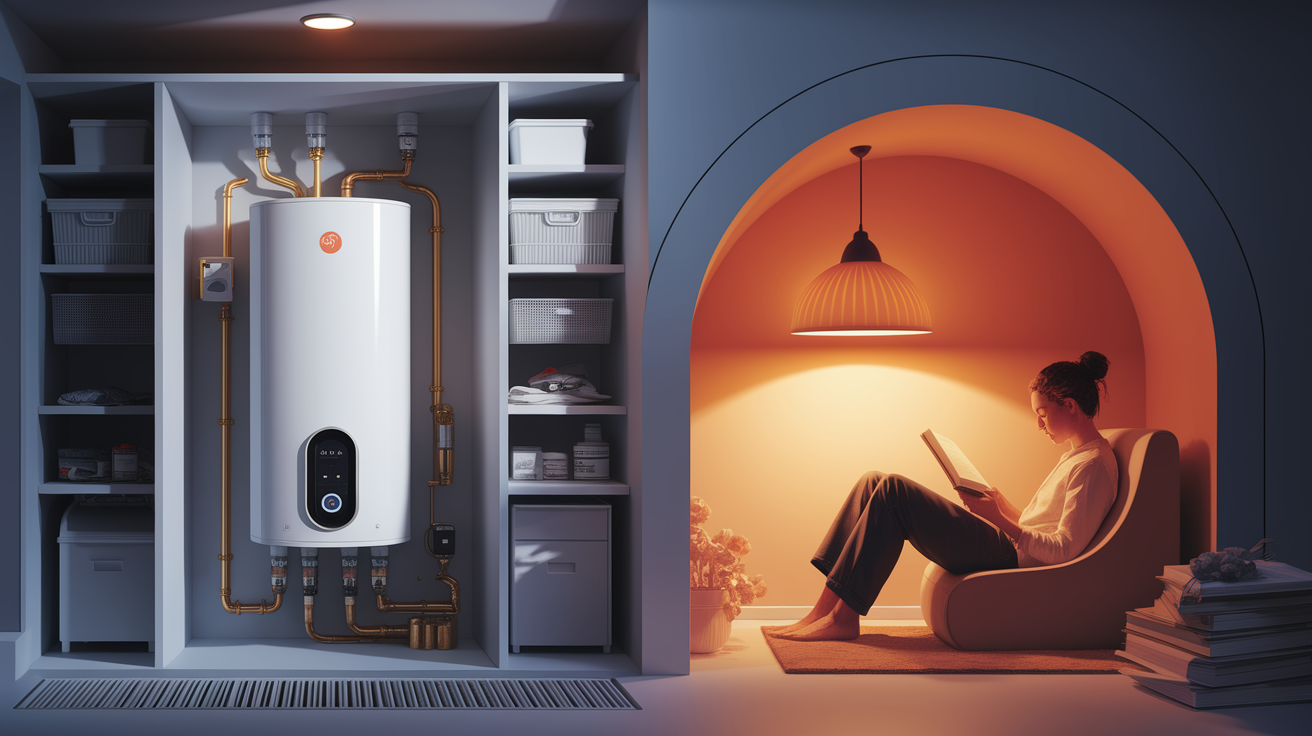
Energy Savings
Though minimal, shutting off your tankless system eliminates all standby power consumption. For electric units, this includes:
- Control panel operation
- Temperature sensors
- Safety monitoring systems
- Digital displays
While the savings are modest—typically just a few dollars per month even during extended outages—every bit helps, especially if you’re dealing with higher electricity costs.

Component Protection
Turning off your tankless water heater can protect sensitive electronic components from potential power surges when water service is restored. Municipal water systems sometimes experience pressure fluctuations during startup that could stress your unit’s sensors and controls.
Preventing Dry Firing
Although modern tankless water heaters have built-in protections against dry firing (operating without water), older units or those with malfunctioning sensors could potentially activate heating elements without adequate water flow. This can cause serious damage to the heat exchanger.
Peace of Mind
For many homeowners, simply knowing their tankless system is completely powered down during a water outage provides mental comfort, especially during extended absences from home.
Situations When Turning Off Is a Must
Certain circumstances make shutting off your tankless water heater not just beneficial, but absolutely necessary for safety and equipment protection.
Freezing Weather Conditions
When water service is interrupted during cold weather, you must take action to prevent freeze damage. Even though tankless units don’t store large volumes of water, residual water can remain in the heat exchanger and connecting pipes.
If your area is experiencing freezing temperatures and you expect an extended water shutoff:
- Turn off the power supply to your tankless water heater
- Shut off the gas supply (for gas units)
- Open hot water taps to drain residual water
- Consider additional freeze prevention measures for your plumbing system
Some tankless water heaters have built-in freeze protection that circulates small amounts of water when temperatures drop, but this feature requires both power and water supply to function effectively.
Extended Vacations with Water Shutoff
If you’re planning to shut off your main water supply during an extended absence, turning off your tankless water heater is essential. Without water flow, freeze protection systems can’t function, and you’ll want to eliminate any standby power consumption.
Water Main Breaks or Contamination Issues
During water main breaks or when water quality issues arise, municipal authorities may introduce air, debris, or chemicals into the water system during repairs. Shutting off your tankless water heater prevents these contaminants from potentially damaging internal components.
Planned Plumbing Work
When you’re having major plumbing work done that requires shutting off your home’s water supply, it’s good practice to power down your tankless water heater. This prevents any accidental activation during the work and protects both your equipment and the plumber working on your system.
Gas Leak Concerns
If you suspect a gas leak anywhere in your home, immediately shut off gas-powered tankless water heaters along with all other gas appliances. Even though modern units have safety features, eliminating all potential ignition sources is crucial during gas emergencies.
Wrapping Up – Flip the Switch or Leave It On?
The decision to turn off your tankless water heater during a water shutoff isn’t one-size-fits-all, but here are the key takeaways to guide your choice:
Leave it on when:
- Water outages are expected to last less than 24 hours
- Temperatures are well above freezing
- Your unit is modern with efficient standby operation
- The shutoff is unplanned and temporary
Turn it off when:
- Freezing temperatures are possible
- Water will be off for several days or longer
- You’re leaving home during the outage
- Water main work involves potential contamination
- You’re doing major plumbing repairs
Remember that proper installation and regular maintenance are crucial for optimal tankless water heater performance. If you’re experiencing frequent issues or have questions about your specific unit’s operation, consult with a qualified plumber who can assess your system and provide personalized recommendations.
When in doubt, err on the side of caution—turning off your tankless water heater during uncertain situations is usually the safer choice for both your equipment and your wallet. The few minutes it takes to power down and restart your system is a small price to pay for avoiding potentially costly repairs or safety hazards.


